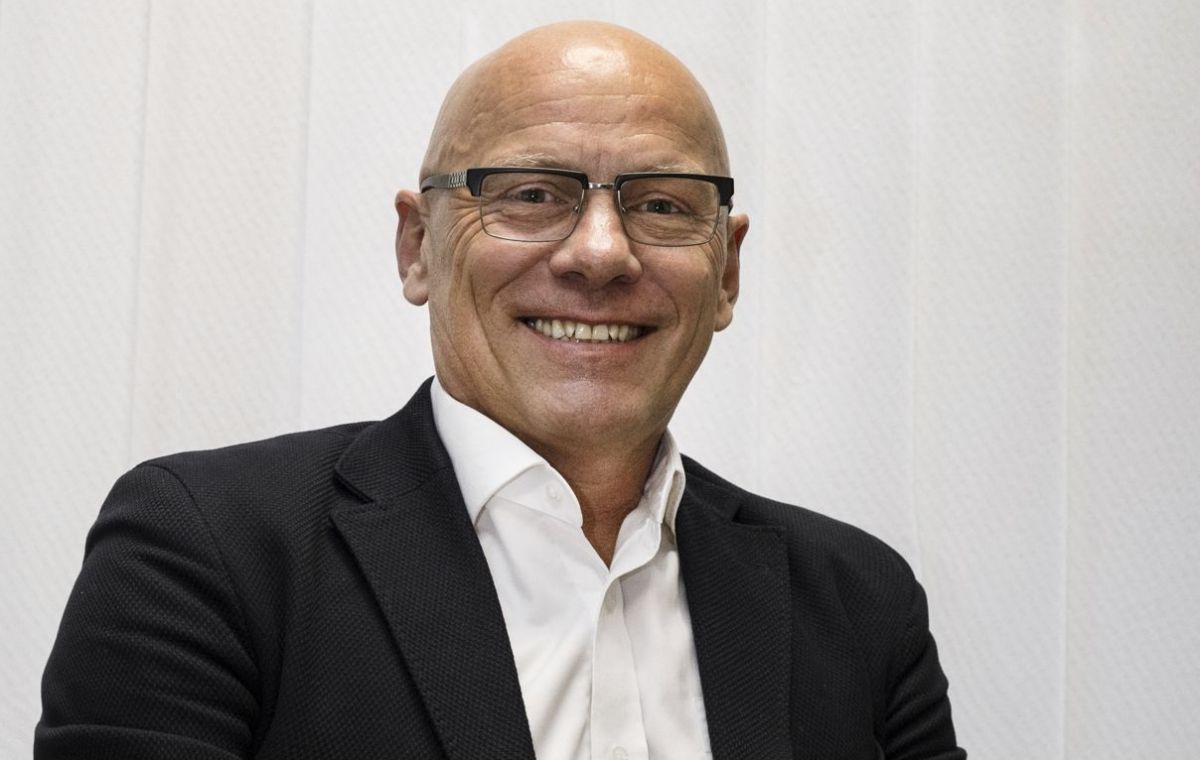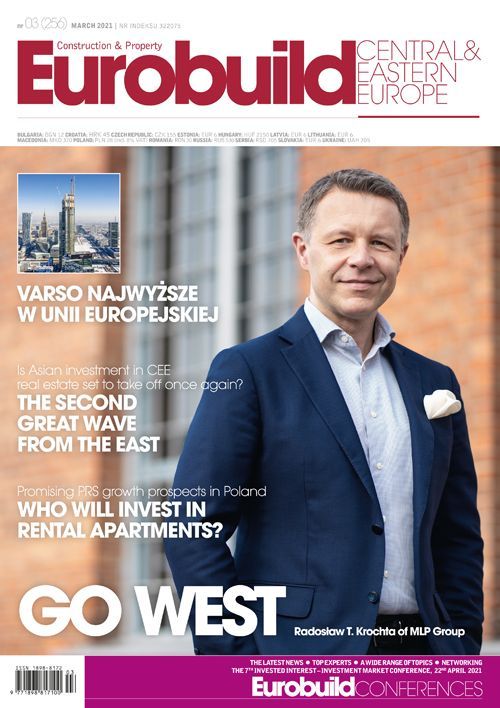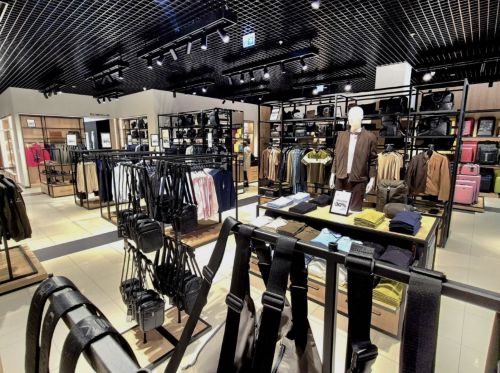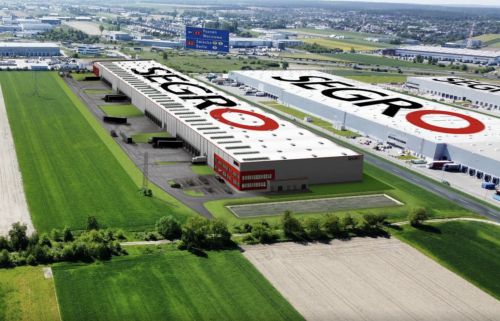Does all your recent activity mean that you are now looking past the pandemic and pushing towards further growth?
Hubert Abt, the CEO of New Work: 2020 was a special year for all operators. All of us were taken by surprise and nobody was prepared for what happened. But at the time we made the decisions to open in Neon in Gdańsk and Hi Piotrkowska in Łódź, Covid-19 had not even appeared on the horizon for us and the notion of a pandemic was just science fiction. So by the time we signed the leases for those two locations, the underlying business cases where quite different to when we later started operations in Gdansk in 2020 and will still be different when we get going at Hi Piotrkowska in 2021. In fact, we don’t see any future in signing leases for buildings without an increased level of cooperation with their owners. As I predicted in our Covid-19 report in April 2020, due to changing client requirements and digitalisation, the way we used to manage buildings is not relevant





























































